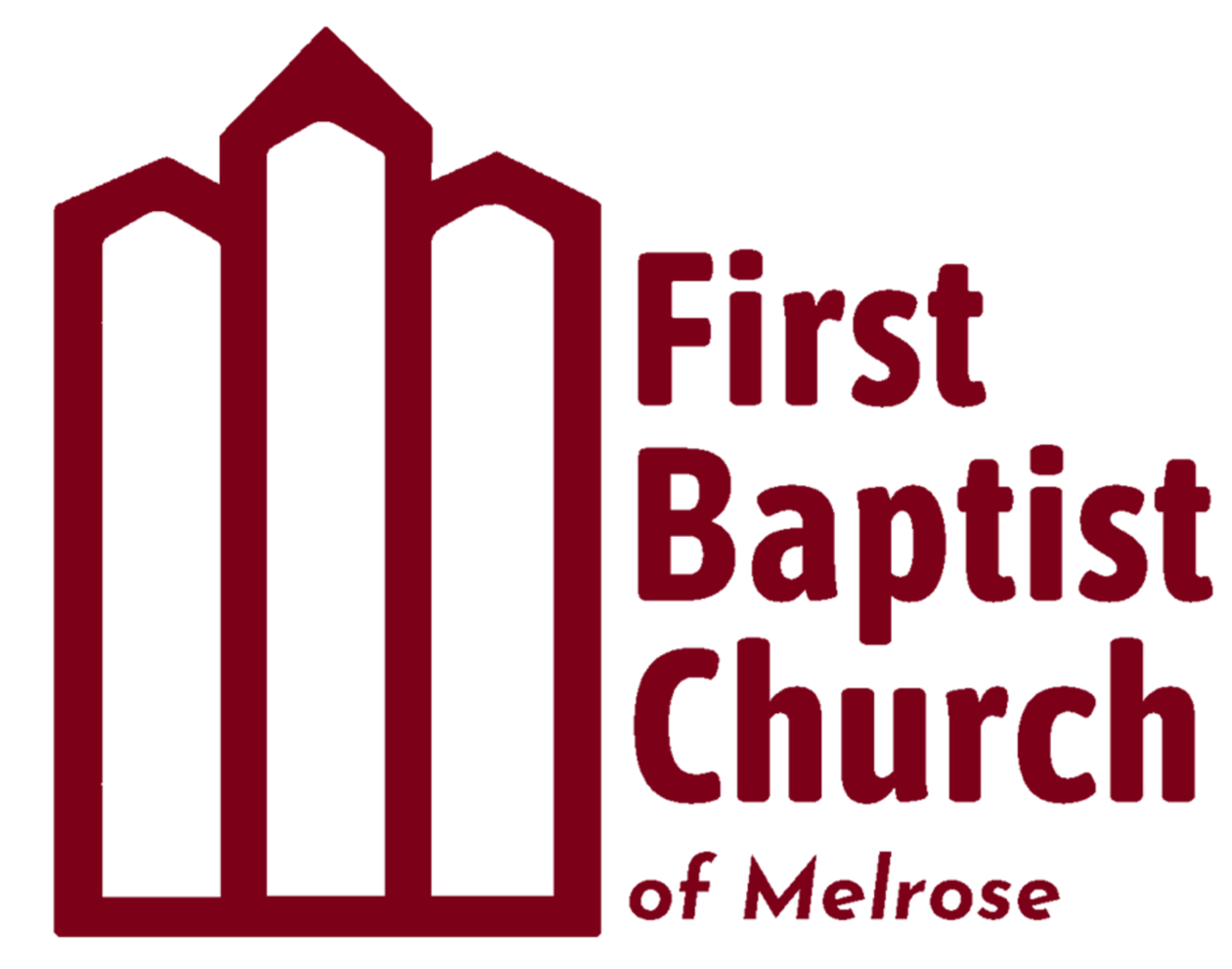It’s About Relationship
Take a guess. What event is shown by the oldest picture in my house? As you consider the question, I offer a hint: it shows the beginning of something. I will offer a second hint: the people are wearing the nicest clothes they have ever worn, think tuxedos and floor-length gowns. And the answer is … my parents’ wedding picture, which shows the first day of their marriage. In remembering the beginning, I also reflect on the ensuing 64 (and counting) years. The beginning of something so significant is worth remembering.
In the Old Testament portion of our Bible, there is a constant refrain echoed throughout the scriptures: “The God who brought you out of Egypt.” Months, years, decades, centuries, and even a millennia after the people’s miraculous escape from Egypt, God is remembered as their deliverer. For example, the prophet Jeremiah writes about 900 years after their liberation:
You performed signs and wonders in Egypt and have continued them to this day, in Israel and among all mankind, and have gained the renown that is still yours. You brought your people Israel out of Egypt with signs and wonders, by a mighty hand and an outstretched arm and with great terror. (Jeremiah 32.20-21)
Remembering the beginning of something is vital because it frames every ensuing event. The subsequent ups and downs are not aimless, isolated events. Rather, they are understood as emanating from an origin point – an intentional beginning act. Consider a home remodel. The owner decides to redo a dilapidated residence. At the project’s beginning, there is demolition: the unusable parts are removed and discarded. Imagine walking into a demolition project and not knowing its purpose. Why are they destroying everything? But, by understanding the beginning point (an intentional remodel), the demolition makes sense. Likewise, the people’s understanding of God in the Old Testament, by remembering God’s deliverance of their ancestors from Egypt, their circumstantial ups and downs are reframed as emanating from intentional act. Their circumstances are not aimless. Rather, their story begins with purpose and moves toward purpose – always.
Jeremiah, like many contributors to the sacred texts, remembers the past deliverance of God. Jeremiah’s words, though, come at unique time in the people’s history: they will soon be displaced from their promised land. God explains to Jeremiah: I am about to give this city into the hands of the Babylonians … who will capture it. The Babylonians who are attacking this city will come in and set it on fire; they will burn it down (32.28-29). To this point, God’s promises are directly tied to the land. By possessing the land, the people are in receipt of the promise to their father Abraham. But, to lose the land, they people would, by their reckoning, lose tethering to God’s promise. In short, by losing the land, God has abandoned the people
Despite the certain loss of the promised land, Jeremiah reiterates God’s ongoing promise to the people.
They will be my people, and I will be their God. I will give them singleness of heart and action, so that they will always fear me and that all will then go well for them and for their children after them. I will make an everlasting covenant with them: I will never stop doing good to them, and I will inspire them to fear me, so that they will never turn away from me. (32.38-40)
God makes clear the enduring promise is not land. Rather, the enduring promise is relationship. Despite the people’s fickle faith, their connection endures: They will be my people, and I will be their God. As we consider our relationship with God, our promise is not in tangible things but in an everlasting relationship. No matter the circumstances, our relationship with our Creator is assured.
As we consider my parent’s photo, it serves as an ongoing reminder of their promise to each other: through want and plenty their relationship would endure – so long as they both shall live. Their marriage is not about things but about relationship. Likewise with God and us, as we celebrate Communion each month, it serves as an ongoing reminder of God’s promise to us – there is salvation through Jesus Christ. And through want and plenty, our relationship with God endures forever.
